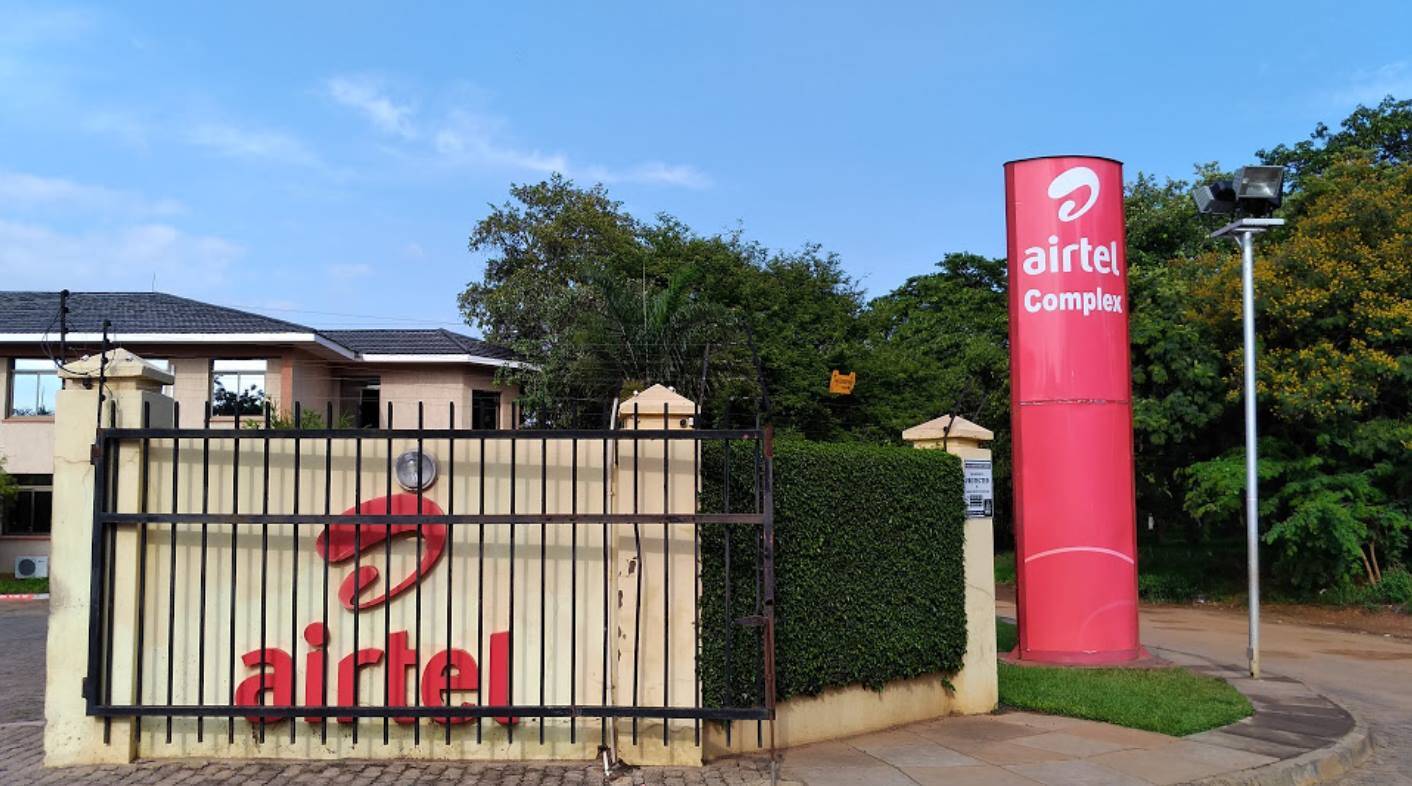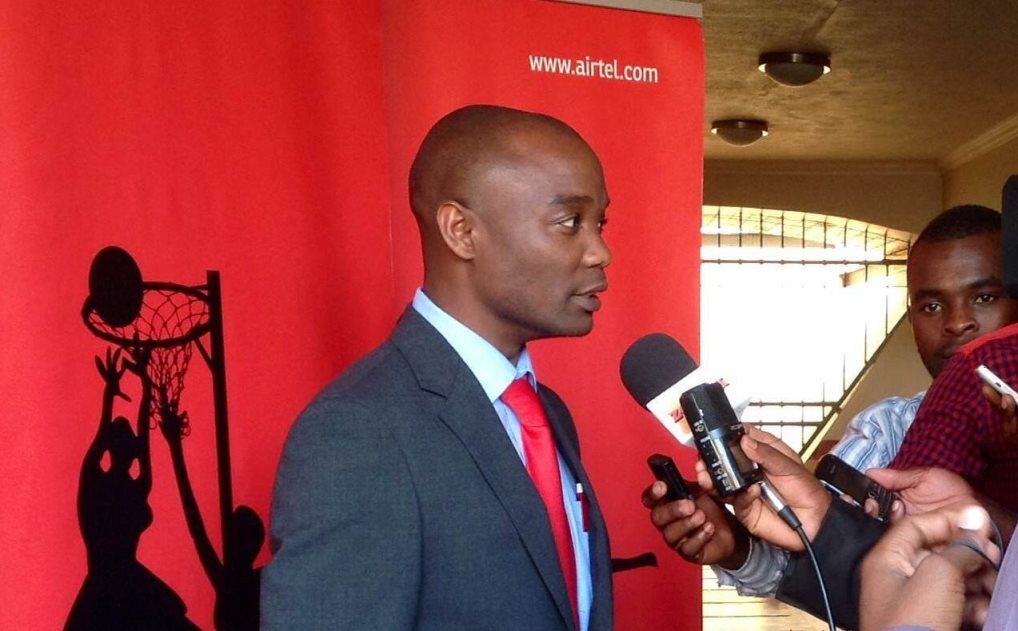
The multinational mobile company Airtel is up against efforts from the Malawi Revenue Authority (MRA) to enforce the collection of non-resident tax, in an emerging court case that may be exposing the company’s tax avoidance ploys.
Airtel Malawi was commercially launched in 1999, first as Celtel, as the second cellular network in Malawi. It initially received a 15-year license with a five-year duopoly. After being acquired by Zain in 2005, it was bought by Bharti Airtel of India in 2010. It now has more subscribers than any other mobile phone service operator in Malawi, and its initial operating license has been renewed through 2024.
But it has emerged that when Airtel Malawi took over from Zain and Celtel, it kept its initial license, despite the fact that its parent company, Bharti Airtel, is registered in the Netherlands. In the process Malawi lost out on non-resident and capital gains tax which MRA wants it to honour.
Because the parent company is registered in the Netherlands, Airtel should also have paid non-resident tax (NRT) at the rate of 15 percent on gross income, and 10 percent on dividends. According to tax requirements, non-resident companies in Malawi are supposed to pay NRT at the rate of 15 percent, if not engaged in trade or business in Malawi through a permanent establishment situated here.
Airtel Malawi has been failing to meet the NRT requirements by taking advantage of how it came into operation. The multinational enterprise may be exploiting loopholes in outdated Malawian laws to reduce its tax obligations.
The case is currently pending before the High Court of Malawi. But for months, court clerks at the High Court in Blantyre have failed to trace the whereabouts of the case file.
The MRA has refused to shed light on the matter.

Airtel Malawi Managing Director Charles Kamoto said he could not “deal with a sub judice matter in our response to you”. He added that, “we can however confirm that based on independent legal advice we have strong reason to believe that we are, as always, in compliance with the relevant laws.”
Kamoto outright dismissed the idea that the company is engaging tax avoidance ploys. In a separate email response, he said that Airtel Malawi is in fact registered and operating only in Malawi. “Airtel Malawi is therefore NOT registered in The Netherlands,” he wrote.
However, according to our investigation, Airtel Malawi is indeed a private limited company incorporated in Malawi under the Malawi Companies Act of 1984 but it is a subsidiary of Bharti Airtel, which is incorporated in the Netherlands and domiciled in India.
In 2016 the High Court threw out an application from Airtel Malawi which was seeking a judicial review of the decision by the MRA “to enforce the collection of non-resident tax from Airtel Malawi Limited.” The MRA took issue with Zain, which was not resident in Malawi, arguing that this was not the same as Airtel Malawi Limited.
Airtel maintains that the court should have declared that the MRA erred in law, misrepresenting the Taxation Act.
Secretary to the Treasury Ben Botolo said he was incompetent to comment on the matter while MRA’s Head of Corporate Affairs Steve Kapoloma said it is against the law to discuss tax status of individual companies in the media.
However, a senior MRA official who opted for anonymity explained that the income earned by any individual here in Malawi is subjected to taxation.
“This is recognised in double taxation agreements that I have seen. As such companies are expected to declare accordingly; and audits are conducted where there are queries,” the officer said.
He said that the issue of corporate tax on such multinationals borders on safeguarding against transfer pricing.
An ActionAid Malawi report published in 2016 faults tax treaties like one between Malawi and the Netherlands, saying such double taxation agreements can contain provisions that are harmful to domestic resource mobilization and can be used to facilitate illicit financial outflows. The treaty between Malawi and the Netherlands allows for very low taxing rights of dividend payments (only 5 percent in most cases) while also giving limited rights to tax capital gains on shares.
The report, ‘Malawi’s tax treaties: From independence to the year 2015’ established that around US$27 million in taxes was lost as Australian mining company Paladin moved out this money from Malawi to Australia via the Netherlands by taking advantage of the tax treaty that exempts interests and management fees from tax in Malawi.

Chisomo Manthalu is the Governance Officer with ActionAid, and was part of the team that carried out the research. “Firstly we decided to look into Airtel sometime back, but we were refused access to their company accounts as well as their contract with the government,” Manthalu said. “We wanted to look at the incentives that were given to Airtel as well as the impact of those tax incentives on revenue generation in Malawi.”
She also said there is a need to make public all licencing agreements made during the company’s name changes.
Malawi Communications Regulatory Authority (Macra), which as a regulator is supposed to be the custodian of operators’ licences, said they in fact do not have the copies of the licences. They referred this reporter to the Government Press, which publishes Malawi Government Gazettes.
A senior officer at Government Press, Oc Banda, said for weeks they have been looking for the licences without success.
Manthalu however argued that during any sale of shares by companies, the Malawi government is supposed to received capital gains tax.
Celtel sold its shares to Zain Group which few years later also sold the company to Dutch subsidiary of the Indian multinational Barthi Airtel International BV.
“Major investments come from countries that have a treaty with Malawi, but they have been structured via third countries with more favourable treaties. Bharti Airtel is headquartered in India, but its investment is structured via the Netherlands,” Manthalu said.
Manthalu said an important advantage to investors of Malawi’s treaties with the Netherlands is that they provide an easy treaty shopping route to avoid Malawi capital gains tax.
“The treaties prevent Malawi from taxing the sale of shares in Malawi companies by a Dutch resident and may allow foreign investors to avoid capital gains tax on the sale of property in Malawi simply by structuring the purchase through a vehicle in the Netherlands,” she said.
Manthalu pointed out another case in Uganda, where Uganda Revenue Authority is currently in dispute with Zain International BV over $85 million of capital gains tax in an indirect transfer case.
“The problem is that usually such transactions of companies selling their property, [is done] via a network of holding companies in the Netherlands. This makes it difficult for countries to claim the tax as the holding company is usually in a tax haven,” she explained.
Executive Secretary for The African Tax Administration Forum (ATAF), Logan Wort, said in an email that although the facts of the case are still emerging, the income tax law of Malawi should specify which incomes of non-residents are taxable in Malawi.
“This will give Malawi Revenue Authority the legal basis of imposing and enforcing collection of taxes,” Wort said. “Where there is omission in the taxing statute, courts have held that it was not the intention of the legislature to tax the item of income and as such the tax administration may not impose tax which was not provided for by the law.”
This story was produced by Malawi 24. It was written as part of Wealth of Nations, a media skills development programme run by the Thomson Reuters Foundation. The content is the sole responsibility of the author and the publisher.














